How long does it take to write 1,000 words?
Are you wondering how long it takes to write 1,000 words? Maybe you’re trying to figure out if you’re writing too slow because how will you ever make a full-time income writing if it takes you two days to write one article.
This question is one that many new freelance writers ask, and I did the same when I first started getting paid to write blog posts. We all want to be more productive as writers, and many jobs require you to crank out tons of content each week, and it can be intimidating.
The thing is that everyone’s writing process is different, and many factors go in to determining how long it should take you to write an article, whether it’s for your own blog or an article for a client, including:
- The length of the article
- Your typing speed
- Your typing skills
- Whether you’re also writing for search engine optimization
- Your exact process
- The topic
- The target audience
And more.
But don’t worry, you get better the more your write and as you learn the best structure for blog posts and articles so you can create a template.
In this post, I’ll answer the question of how long does it take to write 1,000 words and show you a good article writing process you can use as your own or adapt to your needs.
How long does it take to write a 1,000-word Essay or Article?
Along with the other things mentioned above, your writing experience plays a key part in how fast you write articles. How well you know the topic and if you’re an efficient researcher also affects how long it takes to write an article.
Technical or academic writing like a research paper will take more time than a conversational blog article on a topic you know well.
So, how long does it take to write 1,000 words? Well, I’ve heard many answers over time, like two to four hours or one to two hours. I tend to agree with two to four hours if you add in research and you’re not just slapping words down onto paper.
But experienced writers can bang out a short article in one to two hours. That short, your asking? Yes, because 1,000 words is a relatively short piece of writing. A 500-word essay or article can be done in an hour if you know the topic well.
Don’t worry! You can totally get better writing over time as your work for more clients and create your own processes and systems. And before you know it, your article writing time will shrink, and you’ll get faster.
But always remember you should always choose quality over quantity. A quality blog post takes longer to write, and that’s okay. However, you don’t want to add fluff to an article just to reach a certain word count.
Google likes long-form content over short blog articles, but the average word count seems to be dropping every year. Backlinko found that the average word count for articles on the first page of Google was 1,447 words.
That doesn’t mean every article needs to be at least 1,447 words. Over time you learn that each article needs to be as long as it takes to answer the question fully – unless you’re like me and can find a way to write 3,000 words on how to use a pencil eraser (I’m sure I probably could).
But when you’re writing articles for a client, you don’t have that luxury. They usually have a minimum word count they want you to hit, and even I find myself trying to find more things to write about a topic.

Can You Write 1,000 Words in Two Hours?
Yup, I’ve done it! But I consider myself slower than other people because I write such in-depth articles. You can totally do it too.
But, if it takes you three hours to research, write, and fine-tune your 1,000-word essay or article, that’s totally okay. A lot goes into the writing process, much more than many people think.
So how do you speed up how long it takes to write an article? Practice, practice, and more practice. You will get faster the more you write, and the more times you go through your actual writing process.
The more professional writing projects you do, you’ll find your average writing speed increases over time. An experienced writer can write quicker than someone new to writing because, you guessed it – they practice. I write every day and have for over three years now.
And as you add writing jobs to your portfolio, I promise you’ll see a difference in your writing speed. You’ll be able to bang out a 1,000-word article in two hours or less easily.
Is writing 1,000 words and an hour good?
Yes, it is! It can take me longer than that, depending on what the article requirements are. I can write fast when I need to, but I try to be very careful with quality. Even 600-words per hour is good when you add research into your writing time. And that’s often just for your first draft.

How Long Does It Take to Write 500 Words?
So, if it takes anywhere from one to fours hours to write a 1,000-word blog post, how long does it take to write 500 words? Well, half the time it takes to write a 1,000-word article.
Seriously, depending on the research, one or two hours is still a good timeframe here, especially if that includes formatting and research. And as some companies prefer short blog articles, plenty of professional writers regularly write short articles of 300 words-500 words.
Believe it or not, it can be more challenging to write a shorter article because you have to edit mercilessly. Plus, each sentence needs to contribute to the topic with no extra fluff.
How Long Does It Take to Write 1,500 Words?
Depending on the complexity of the topic and research involved, a 1.500 word could take three to six hours. Beginner writers make take even more than that.
While the faster you write, the more money you can make, please do not be hard on yourself if you find it is taking you longer to write an article than you think it should.
One fun way to get better with writing and typing is to play typing games. Why not make a game out of it make writing more fun?

How Do You Write an Article?
A beginner blogger or writer can seriously up their writing game if they create a writing process that they follow for every article. Here’s the basic article writing process and why I think this workflow helps me write high-quality articles faster.
Batching certain parts comes in handy here, and it’s one of my favorite time management strategies for freelancers.
This organization method is batching similar tasks together. In fact, the master of batching herself, Frances Vidakovic explains how she used it to write 20 articles a month during her first year blogging in her eBook, Content is King.
For instance, you would do all your keyword research together, then create all your outlines, make your blog graphics, and write your articles in five post batches. I still find it hard to squeeze in time to write five blog articles all at once, but I use batching all the time with everything else.
The reason why it works so well is that switching from task to task means you’re constantly switching gears, and it takes your brain time to adjust. You’re lumping those similar tasks together when you batch and not switching between unrelated ones.
Batching is one of the main reasons Frances reached one million page views her first year as a blogger. Plus, she was raising kids at the same time, so it is possible.
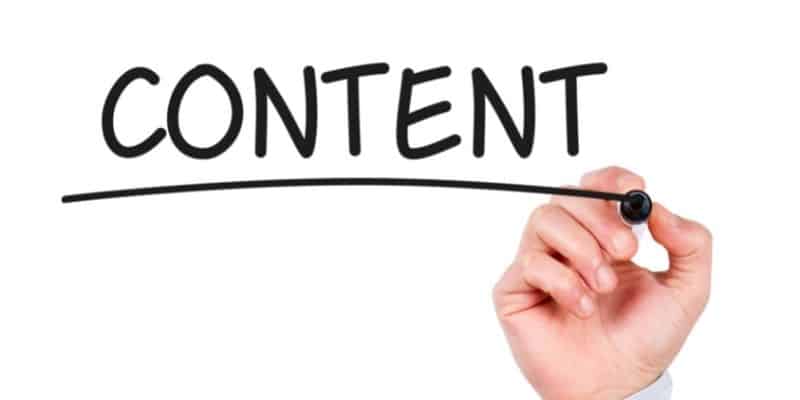
1. Pick a Topic to Write About
At many times during your writing career, your client will likely give you an article topic they want you to write about, so you don’t always have to worry about that. But sometimes, you’ll need to come up with topics on your own, like writing blog posts for your own website.
You can batch months of keyword research together so you can create a content calendar that makes it much easier to crank out content fast.
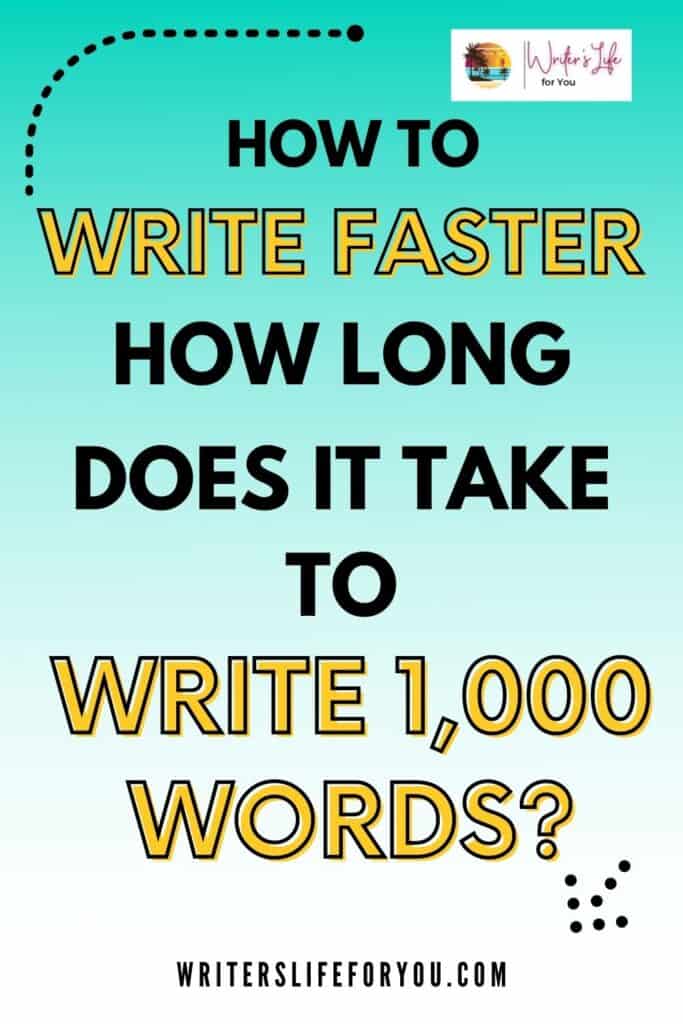
2. Research the Topic
After you pick your topic next, it’s time to do some research. If you’re writing a how-to article or tutorial about something, then the how-to aspect is all covered in this step.
But if not, there are still other ways to research your topic that can help ensure an awesome post when done right.
First, don’t worry if the topic has already been written about. Almost everything has. You just need to make your content (or your client’s) better.
Start by finding other articles on the topic. And then read them! Gone are the days of using encyclopedias to write school papers or other content (don’t laugh, I had to use encyclopedias when I was younger, HAHAHA).
The world no longer needs physical encyclopedias when you can look up everything you ever need online. I guess that’s where encyclopedia salesmen went too!
Reading these other related posts will help you brainstorm your own ideas and what makes your take unique. Plus, it gives you an idea of which parts are important so that you can cover those too.
A content tool like Frase can help you easily do this and help you rank higher on Google. Check out my blog post on content writing tips for beginners for helpful tips.
Also, watch this YouTube video below where Brian Dean of Backlinko (he’s a major SEO expert) analyzes 3.6 billion pieces of content to show you what it takes to write engaging evergreen content.
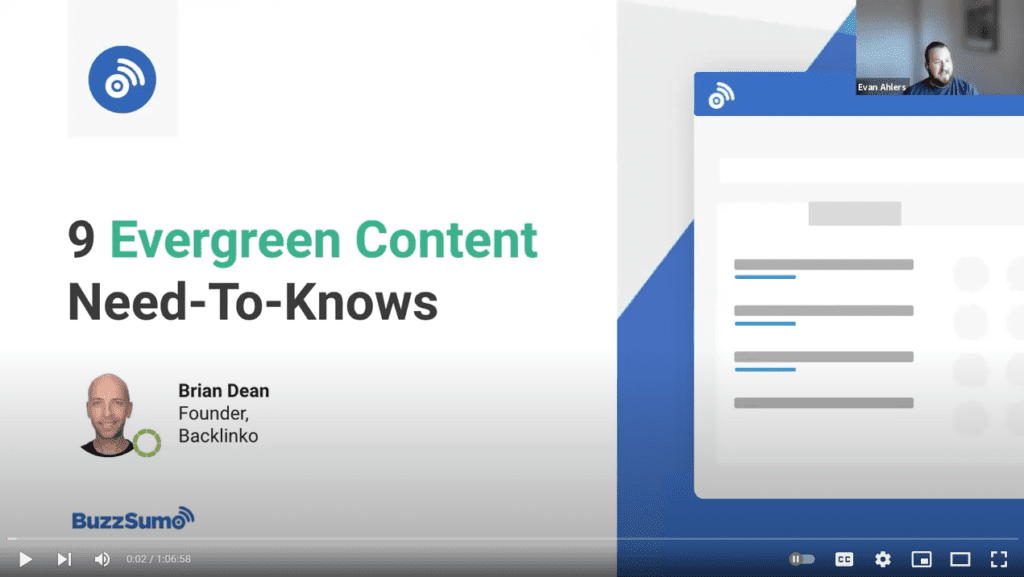
3. Create a Click-Worthy Title
A great headline is the main element of your article that gets someone to slow their scroll and click on your blog post. You only have seconds to impress a reader, so a clickable title is a must.
How do you come up with a clickable title?
This is how I brainstorm titles. First, I look at the similarities with the titles on page one because Google often considers titles when ranking an article. The keyword you chose should ALWAYS be in your title—the closer to the front, the better.
Then I pop over to the CoSchedule Headline Analyzer. You’ll see in the image below that the headline analyzer gives my title a score and tells me the ratio of common, uncommon, emotional, and power words I used or need to.
Kelly has an amazing spreadsheet that lets you search for these different words if you sign up for Sticky Blogging when it comes out.
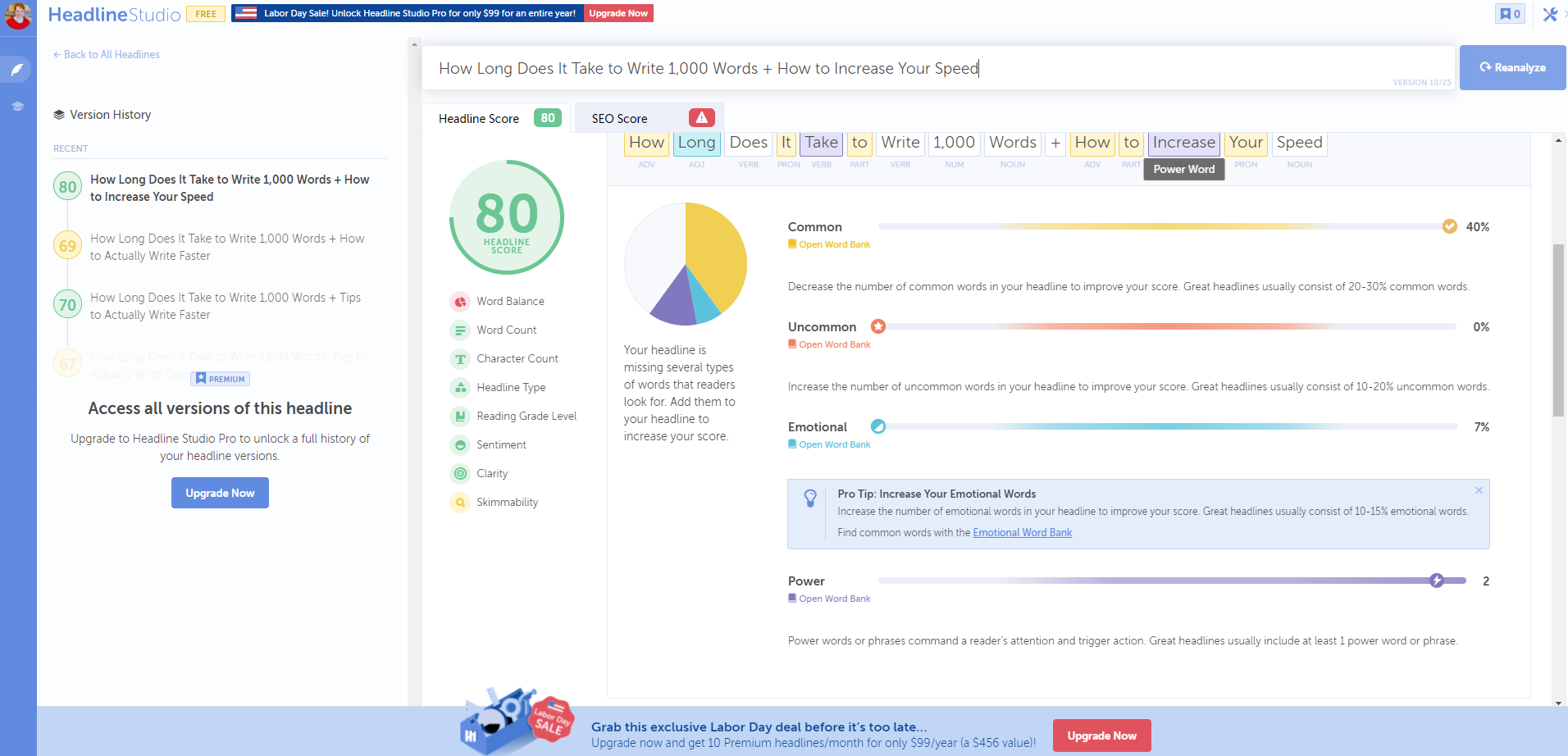
It helps you write a heading that invokes curiosity and makes people want to click on your article.
4. Create an Outline
I used to never use outlines in my writing, including for college papers, except for my Master’s thesis (thankfully, I didn’t need to use encyclopedias here).
But now, I use an outline for every single article because it prevents me from forgetting important the elements of my article. Many have to do with strategies I learned from Debbie Gartner and her Easy On-Page SEO eBook.
Check out Debbie’s Easy On-Page SEO book here.
I highly recommend you learn more about SEO because more and more clients want SEO-optimized content today.
Creating an outline also helps you reach your word count. When you structure a post, you have an Introduction to the topic, body, conclusion, and end with a call-to-action (CTA).
A good way to ensure you make your word count and don’t go way over (something I’m not good at) is to devote just 20-30 percent of your content to your intro and conclusion.
I use Frase or Surfer SEO to write all my outlines now because it gives me a bird’s eye view of the articles that rank on page one, so you know the important aspects you need to add to your content.
I use this tool to write all my content and even use it for most of my clients’ articles, too, because it also helps me optimize my content with must-have keywords. My favorite keyword research tool is KeySearch.
It’s the most inexpensive keyword tool that matches close to Ahref’s – the gold standard of keyword research tools.
Check out KeySearch here and use code KSDISC for 20% off.
You might be thinking to yourself that this sounds like too much work, but trust me, it’s actually not. And if it helps you structure your article correctly and not forget anything, it’s totally worth it.
5. Write the Post and Optimize for SEO
I’ve found that I typically spend between one hour to five on an in-depth blog post. This time varies depending on how long each section is, how many links and images there are, how much research I need, etc.
It’s also important to write like you’re talking with someone because writing in this style makes it more conversational and engaging. But if you write for professional companies like I used to do, then they often want more professional content that matches a business versus a personal blog.
Here are some key things to remember with SEO:
- Always include your keyword phrase within the first 200 words.
- Sprinkle your keyword and related keywords throughout your article naturally.
- No keyword stuffing where you mention it over and over again and again.
- Make sure your URL contains your keyword, and it’s short
- Link externally to authoritative websites to support statistics, facts, and claims
- Link internally to related posts
- Your content should always be extremely helpful and include everything someone needs to know on the topic.
Some people optimize their posts for SEO after they write and edit their article, and that’s perfectly fine too. Whatever works for you. You can try it both ways and see which one you like better.

6. Edit the Article
Once you finish your article, put it aside and try not to edit for 24-hours. If, for some reason, you have a short turn-around time, make sure you wait at 3-4 hours before you edit when the article is not fresh in your mind.
If you edit it right away, you will often miss mistakes because you’ll read what you meant to include or was supposed to be there. When it’s not fresh on your mind, it’s easier to see the grammar mistakes and misspellings.
And most importantly, use a writing editor like Grammarly or ProWritingAid. These editors are incredibly smart, and I’m pretty sure I would die without Grammarly. The yearly subscription is the least expensive at $139.95 a year, or you can pay $30 a month or $60 every three months.
I even created a checklist you can sign up for here in this article that I use for every blog post.
7. Consider Using Standard Formatting *BONUS
One thing that can help you write faster whether that is for a 500-word essay or a 5,000-word article, is to create a standard article format that you use for every post you write.
Just like setting up other processes in your business like using Trello for organization or posting on social media, you can create a standard post format, writing process, and template. That way when it comes time for essay writing or writing a blog article, you use the same template.
Choose a common font type and font size like Calibri, Times New Roman, or Arial font. Times New Roman font is the one school teachers and college professors often list in their requirements.
You can also note the line spacing you want to use in your writing. While teachers required us to double space between words back in the day when I was in school (yes I am old ?) but now single spacing is used.
You could run into the one-off professor that may require a double-spaced essay, term paper, or report, but unless trends change again, you should probably use a single space between words.
Then decide on the spacing between paragraphs and in each body paragraph and any other important details and BAM you have a template!
But what happens if you do more than one type of writing? For instance, you may be doing business writing like blog articles or reports and going to college too.
In this case, you can create a template for your term paper, thesis statement, or essay format and then one for your business writing.
This is one of the best pieces of writing advice that I can give you to speed things up. Plus, if you offer writing services, you use the same format for each type of writing you do and this will look more professional to clients.
How to Write Articles Faster
So, I guess you probably want to learn how to write articles faster, right? Well, here are some handy tips to help you write your posts faster.
Stick to Your Niche
There are many reasons for you to choose a profitable niche. One reason is that you make more money when you pick a niche because it allows you to become an expert in your chosen topic.
But besides that, choosing a freelance writing niche allows you to learn it well so you can write much faster on topics related to it. You’ll notice you rely on other resources on subjects you don’t know, but it’s much easier to write when you know something well.
If you need help finding a money-making niche, check out my mini-course, the Niche Ninja Mini-Course here.
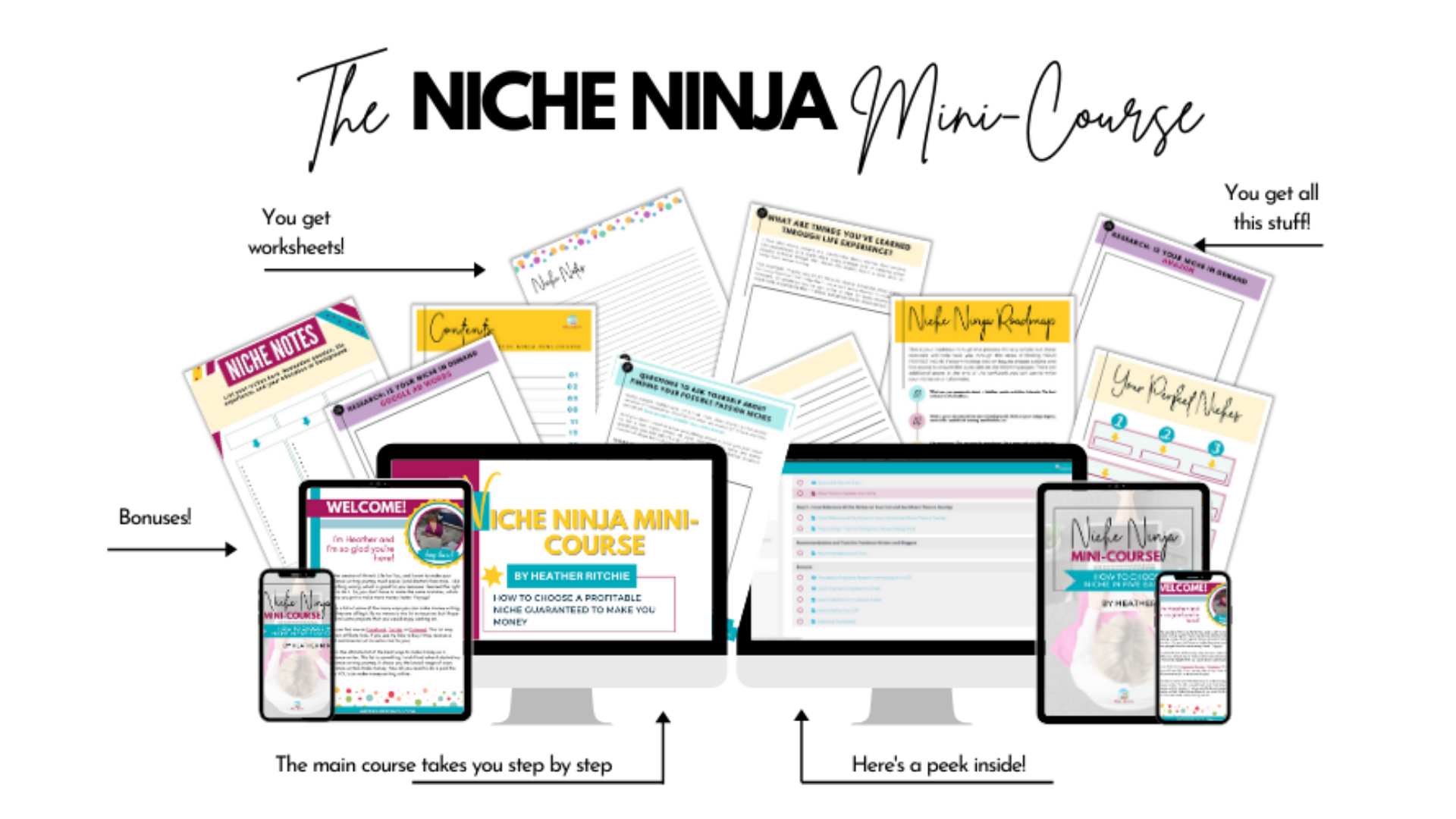
Wait Before You Edit
Don’t edit as you go. I know it’s really tempting, but it interrupts the writing process, and it takes you longer to get your focus back.
It can be so hard to ignore the red marks that show up in Grammarly or Microsoft Word (I know, it’s old school like my encyclopedias) but leave ALL editing until later.
Batch Tasks
I mentioned it earlier, but batching tasks is a great way to be more efficient and organized in your freelance writing business. I love batching my blog post and social media graphics for each article, and I always batch keyword research.
Batching will make you a faster writer too.
Create Images and Graphics Last
I know how fun it is to create images and graphics for your blog post, but I have found that if you do this task last, then the information in the article will help you find what you’re looking for.
Plus, looking through stock photos can be a major distraction, so saving that task until later helps you finish your article and stay focused and productive.

Create a Content Calendar
Creating a content calendar also makes the article writing process faster. When you research your article topics in advance, you can develop a content plan with plenty of article topics for months or even the whole year.
Headline First or Last?
I usually write my headline first, but I know other writers who create it last. I think you can do it either way, but don’t waste too much time in the beginning if you can’t think of a good one. Over the course of writing your article, a good title may come to mind.

FAQs
How long does it take to write 2,000 words?
You can write 2,000 words in anywhere from four to eight hours.
This may seem like a broad window but how long it takes you to write 500, 2,000, or even 3,000 words depends on many things. It depends on your experience, knowledge of the content or essay topic, how fast you can write, your writing style, writing process, and more.
Aim to write a quality article, the best one it can be, and you will always be your client’s favorite writer.
How long does it take to write 3,000 words?
A 3,000-word article can take you six to ten hours to write. This word count is considered long-form content, and the longer the article, the easier it is to lose focus and add fluff.
An outline is really key to articles that are 3,000 words and longer.

Can you write 5,000 words a day?
Yes, you can write up to five thousand words a day and even more. A 5,000-word essay or blog post can take a while though when it comes to research, editing, and writing.
However, how quickly and how well you churn out the word count depends on your topic, how much research is involved, and how long you have been writing about this subject area.
How familiar are you with the niche or industry that your article pertains to? Are there any time constraints? Are you able to do the research needed for your article within a short amount of time, or do you have to wait until later?
One of my earlier writing jobs was for a content agency that focused on writing SEO content for businesses, and I had a short turnaround time. Each week I would have 10,000-20,000 words to write in just a few days.
They also wanted NO passive voice and no unclear antecedents. Now you likely won’t have to write a 10,000-word essay or article, but keep in mind the more you write, the faster you get.
Now anybody that knows me knows that I am deadline-driven and careful not to overpromise. I often deliver content early.
So, sometimes pushing yourself is a good thing. While it stressed me out, this work made me a much better and faster writer.
Final Thoughts on How Long Does It Take to Write 1,000 Words
Learning how to write a 1,000-word essay or blog post fast, all comes down to experience and skill.
The more you write, the better your content gets, and before long, it won’t take you hours to write a 1,000-word essay or article in just an hour or two. That is unless you have to research using a set of encyclopedias.
Please, do not stress if it takes you hours to write a 1,000-word article or essay. You’ll get better over time and before you know it you’ll be able to write 1,000 words in an hour or less.
Remember, your average writing time varies from person to person, and work on quality over quantity. By taking some stress off yourself you’ll find you’ll want to write more and be able to write faster.
A good writer always looks for ways to improve each piece of writing and overall writing skills. Whether it’s personal or commercial writing, each piece of high-quality content you add to your portfolio helps you write faster.
How long does it take you to write a 1,000-word article? Let me know in the comments below.
Related Posts to How Long Does It Take to Write 1,000 Words
28 of the Best Websites to Find Freelance Writing Jobs for Beginners
How to Create a Freelance Writer Bio That Wins Clients
How to Create a Professional Freelance Writing Resume that Wins You the Jobs
Cover Letter for Freelance Writer: How to Create One + FREE Template
Earn Money Online by Typing: The 17 Best Websites to Get Paid to Type
26 of the Best Ways to Make Extra Money for Christmas
The Ultimate Guide to Freelance Writing for Beginners
25 of the Best Gifts for Writers that Are Totally Unique
Now you know the answer to how long does it take to write 1,000 words.
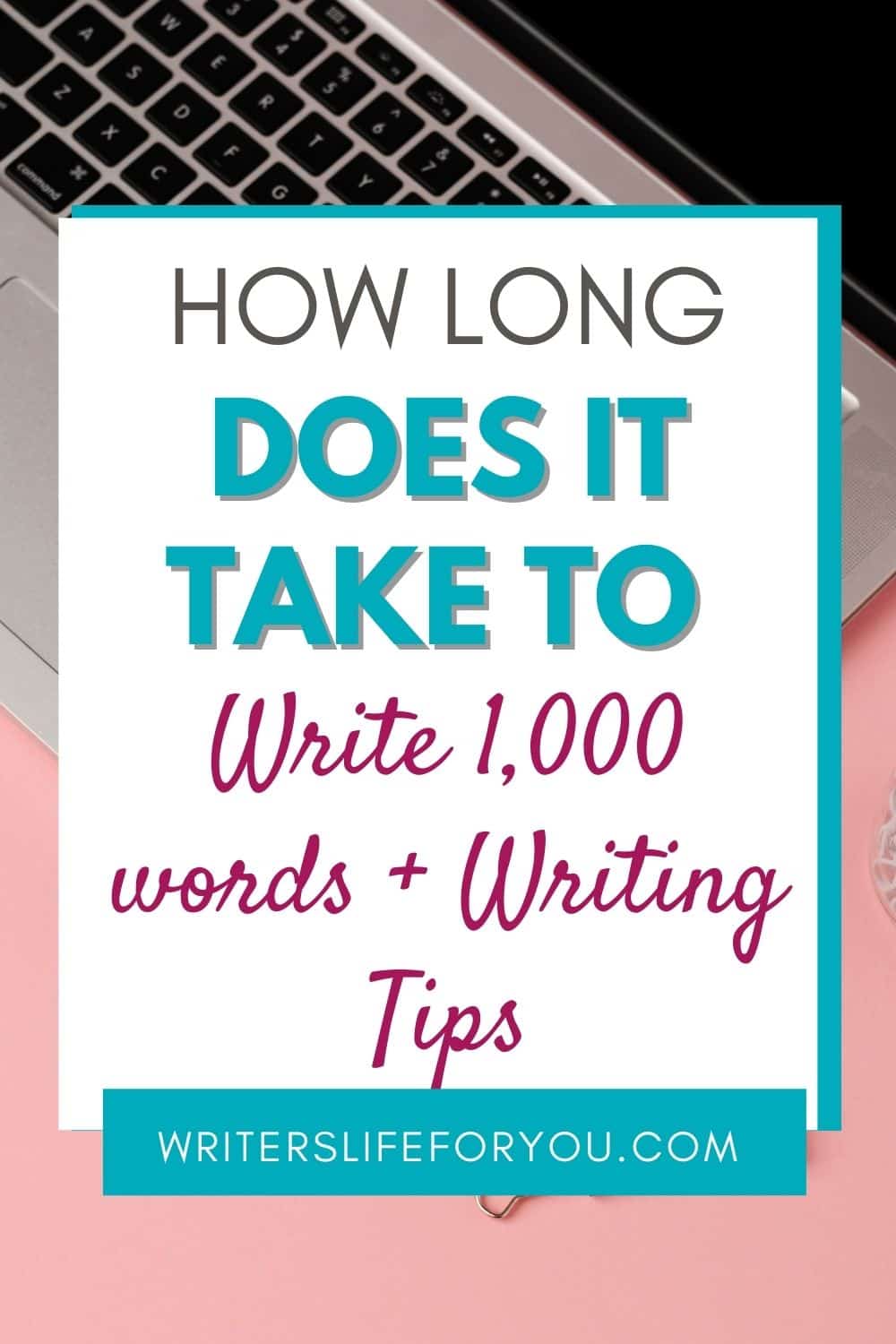

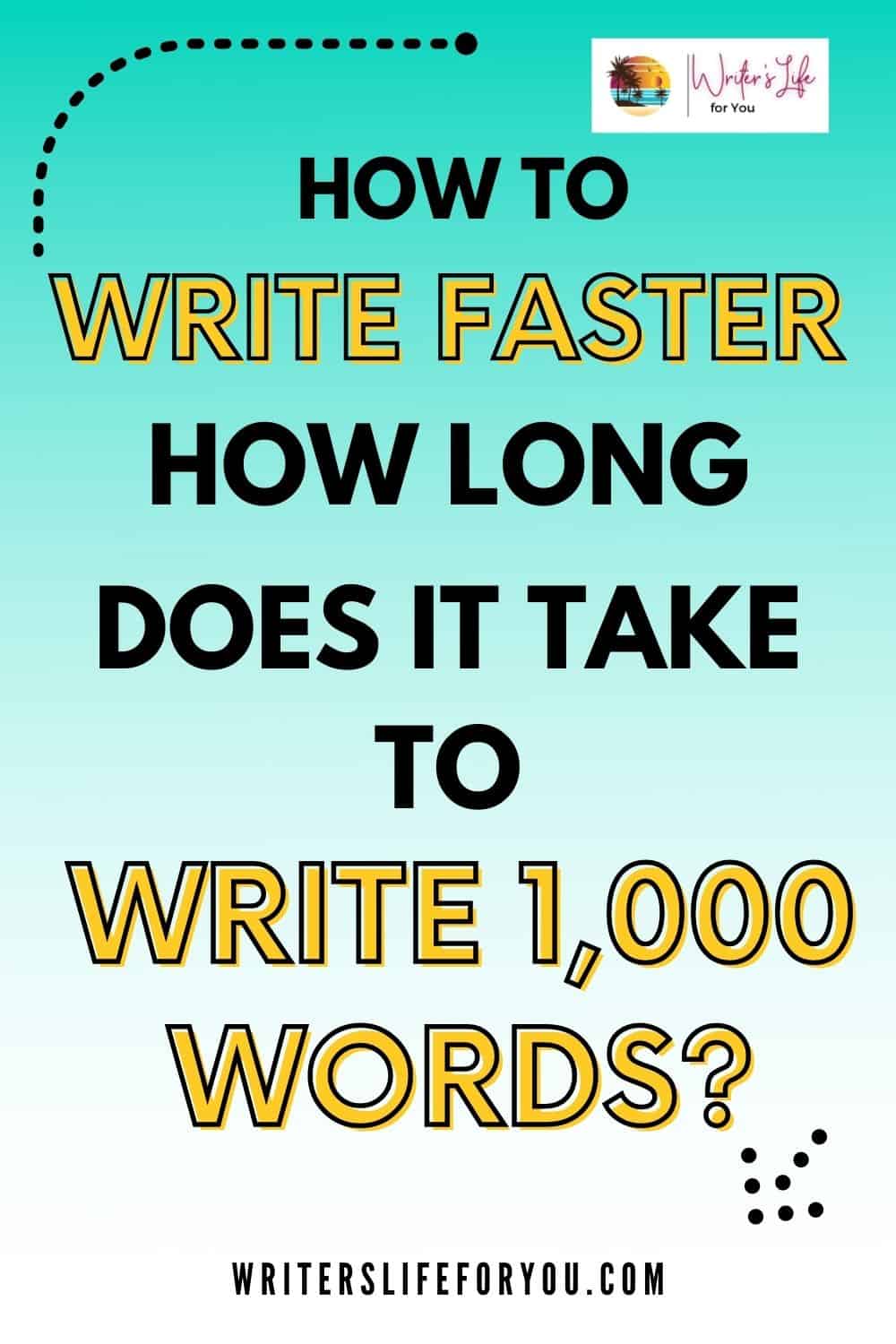


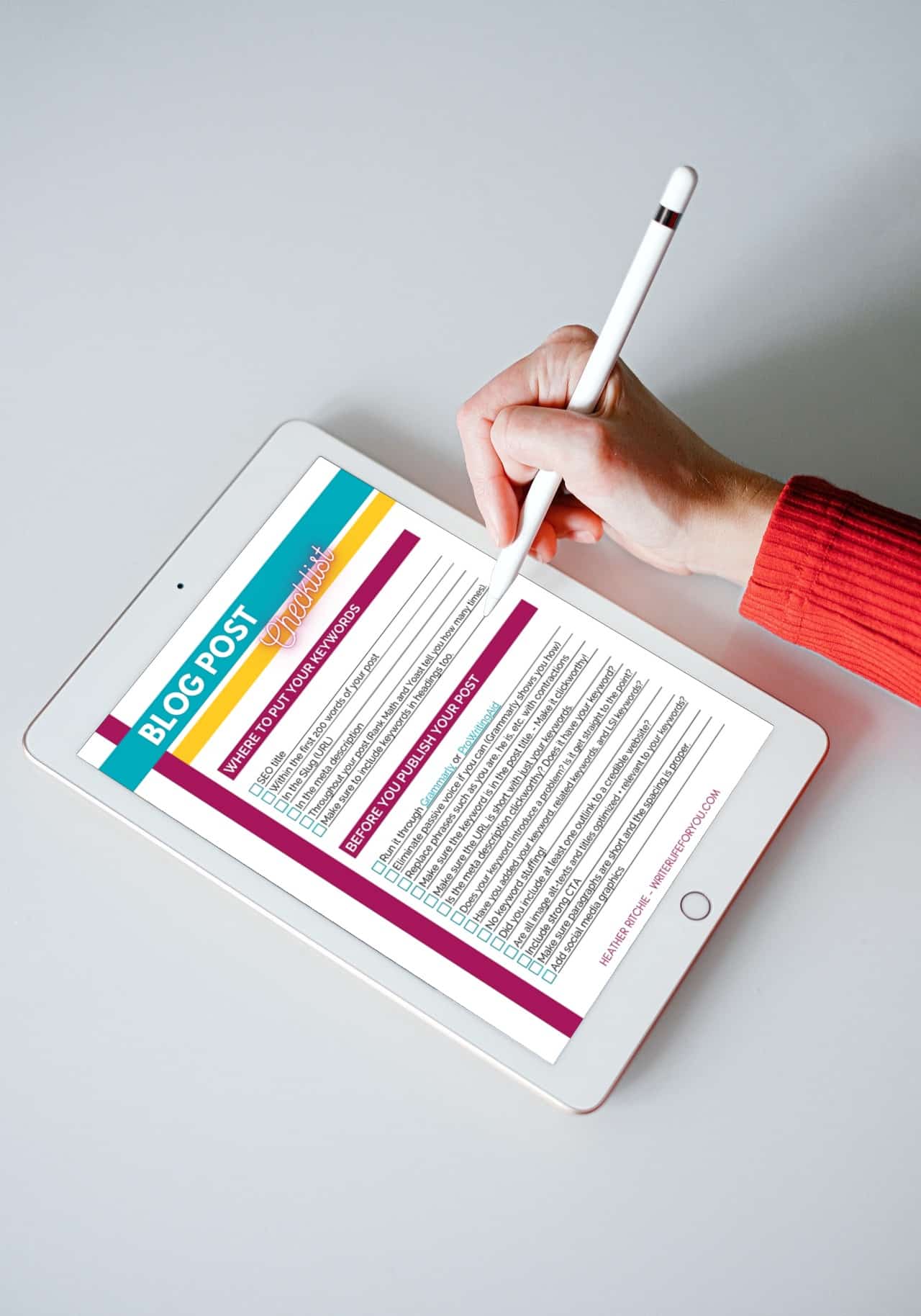
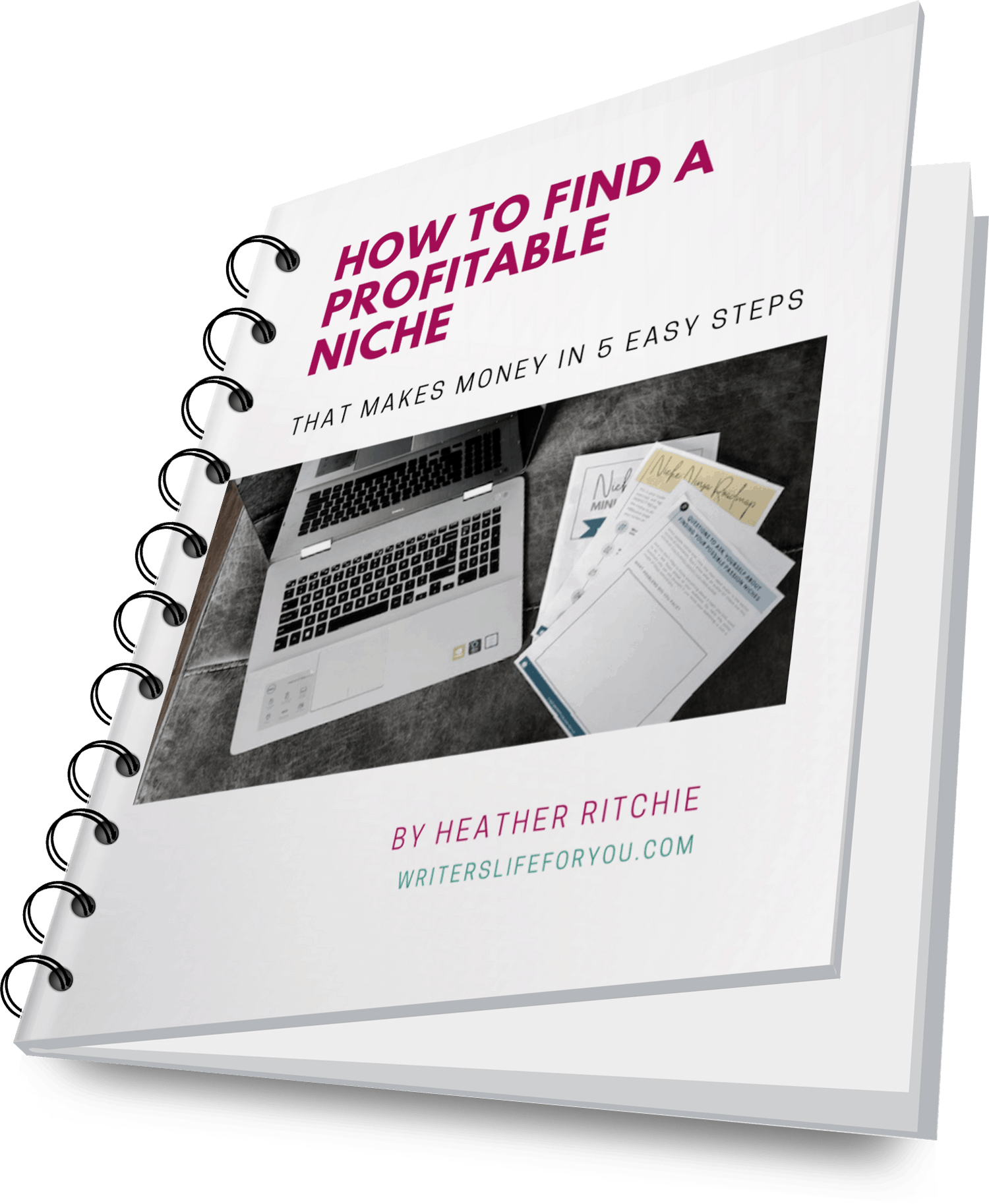

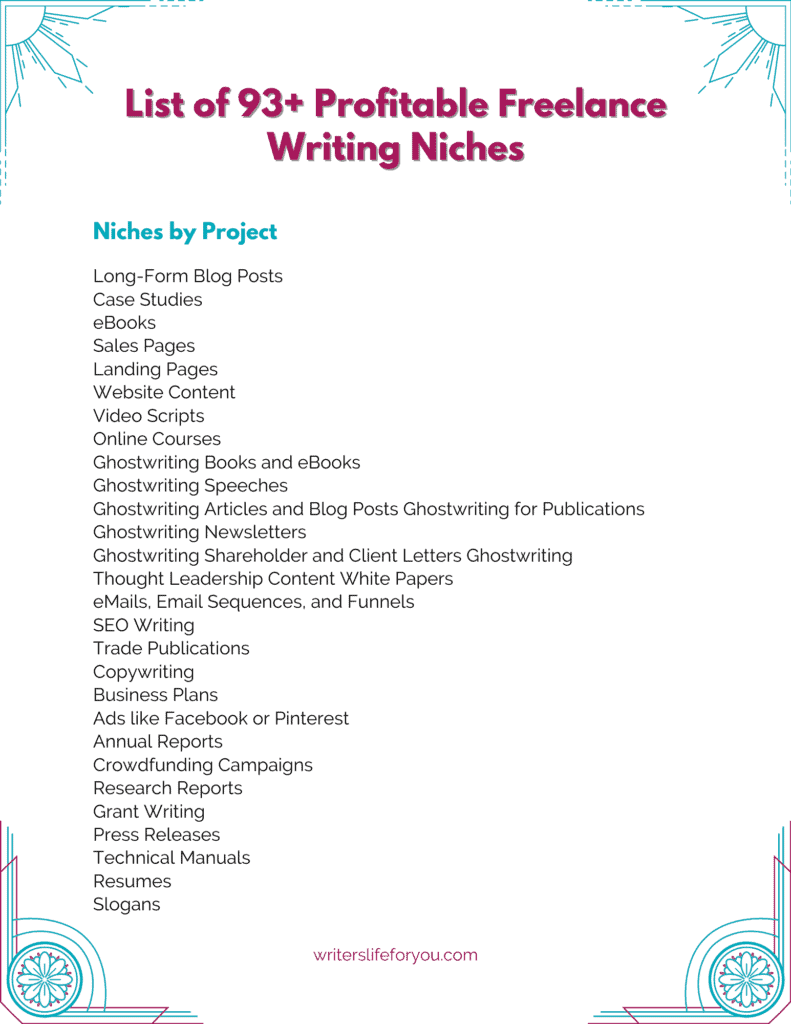
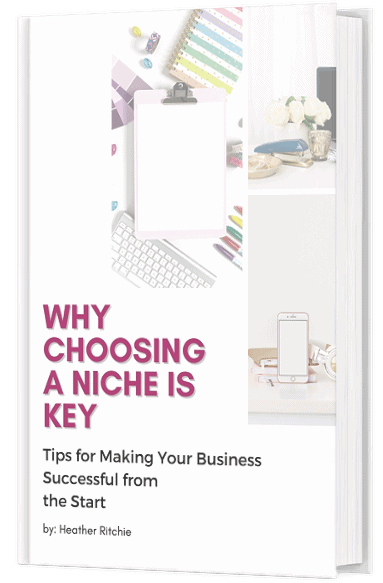
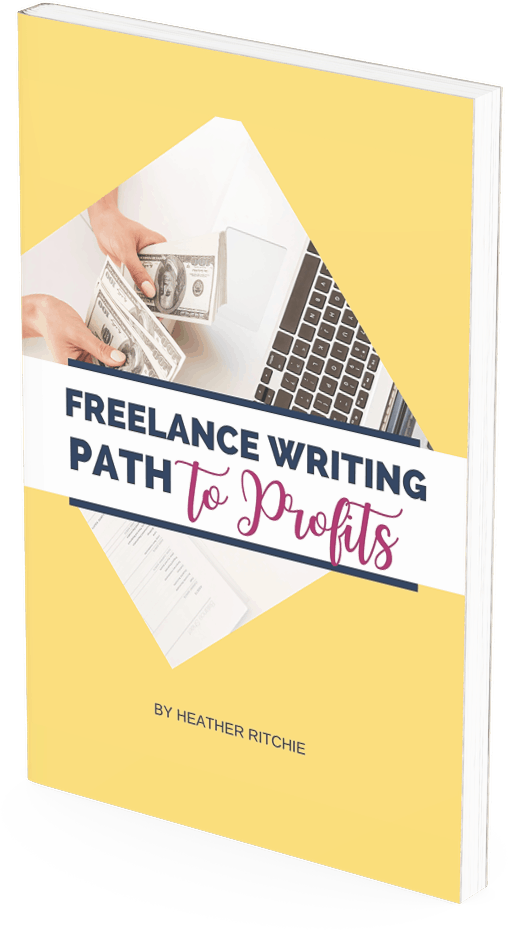
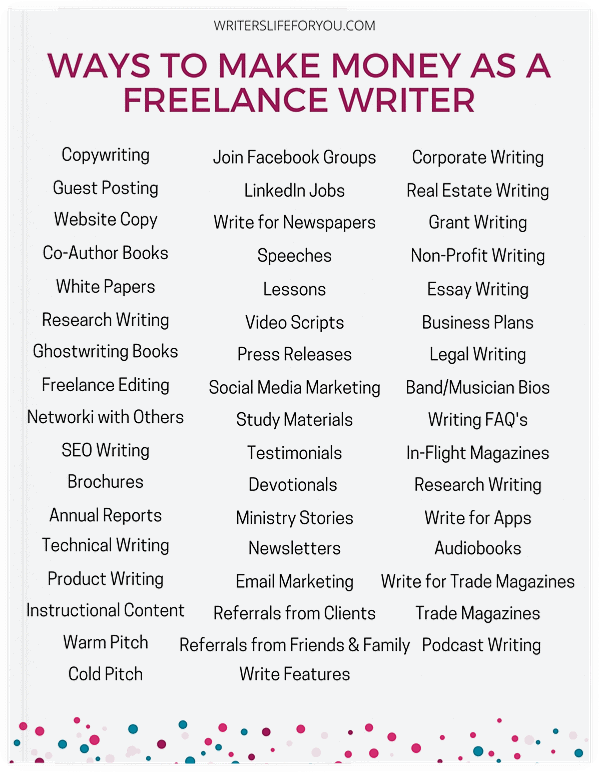
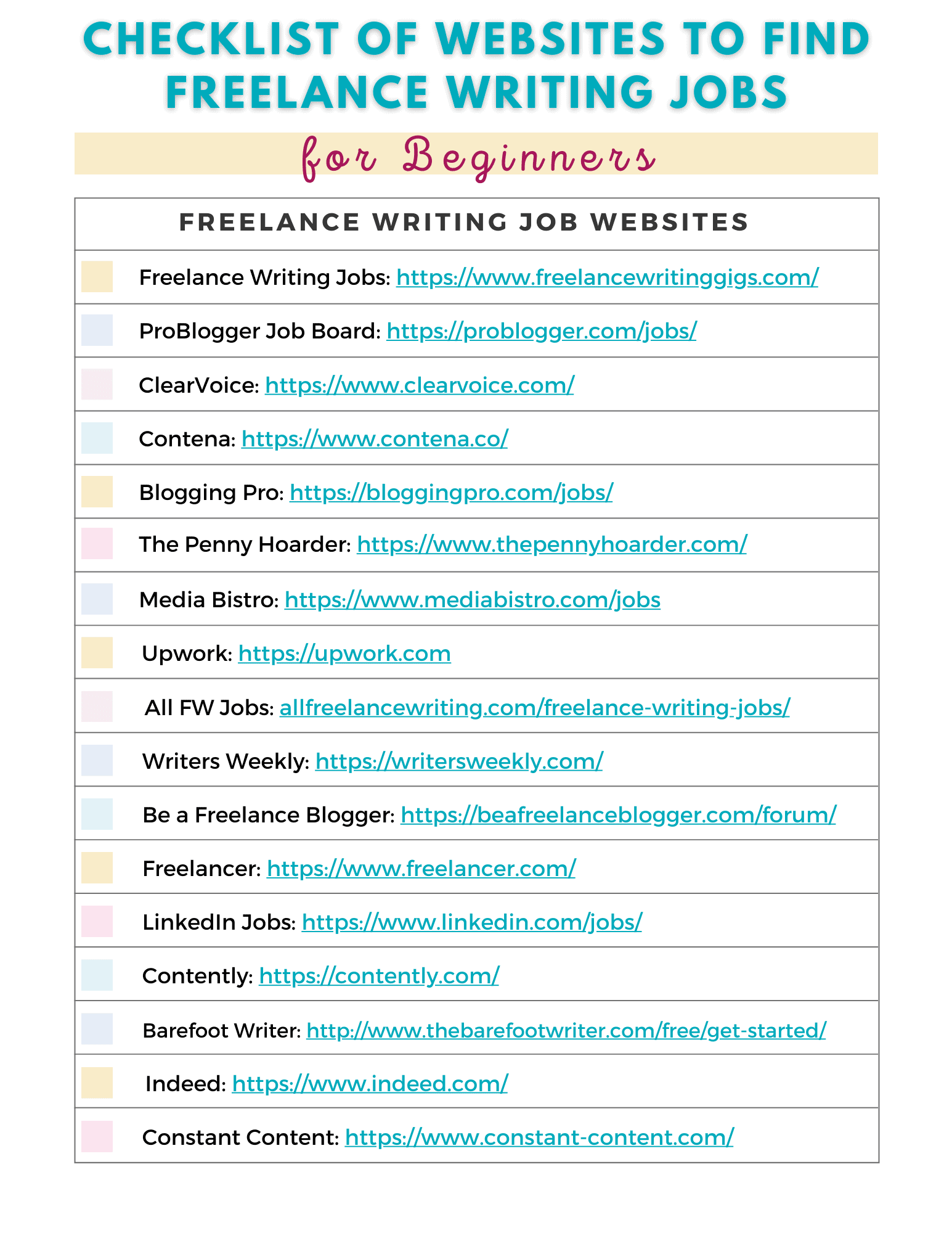
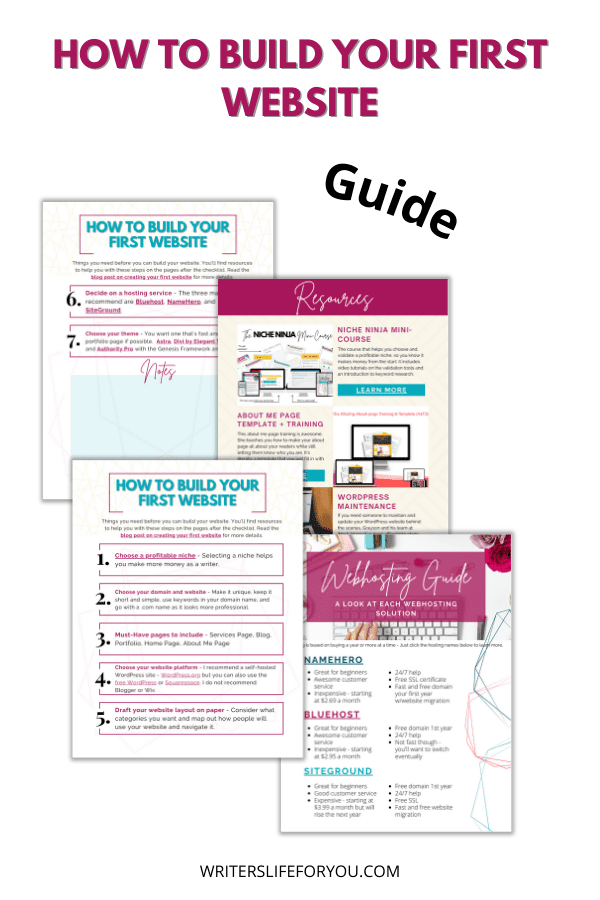

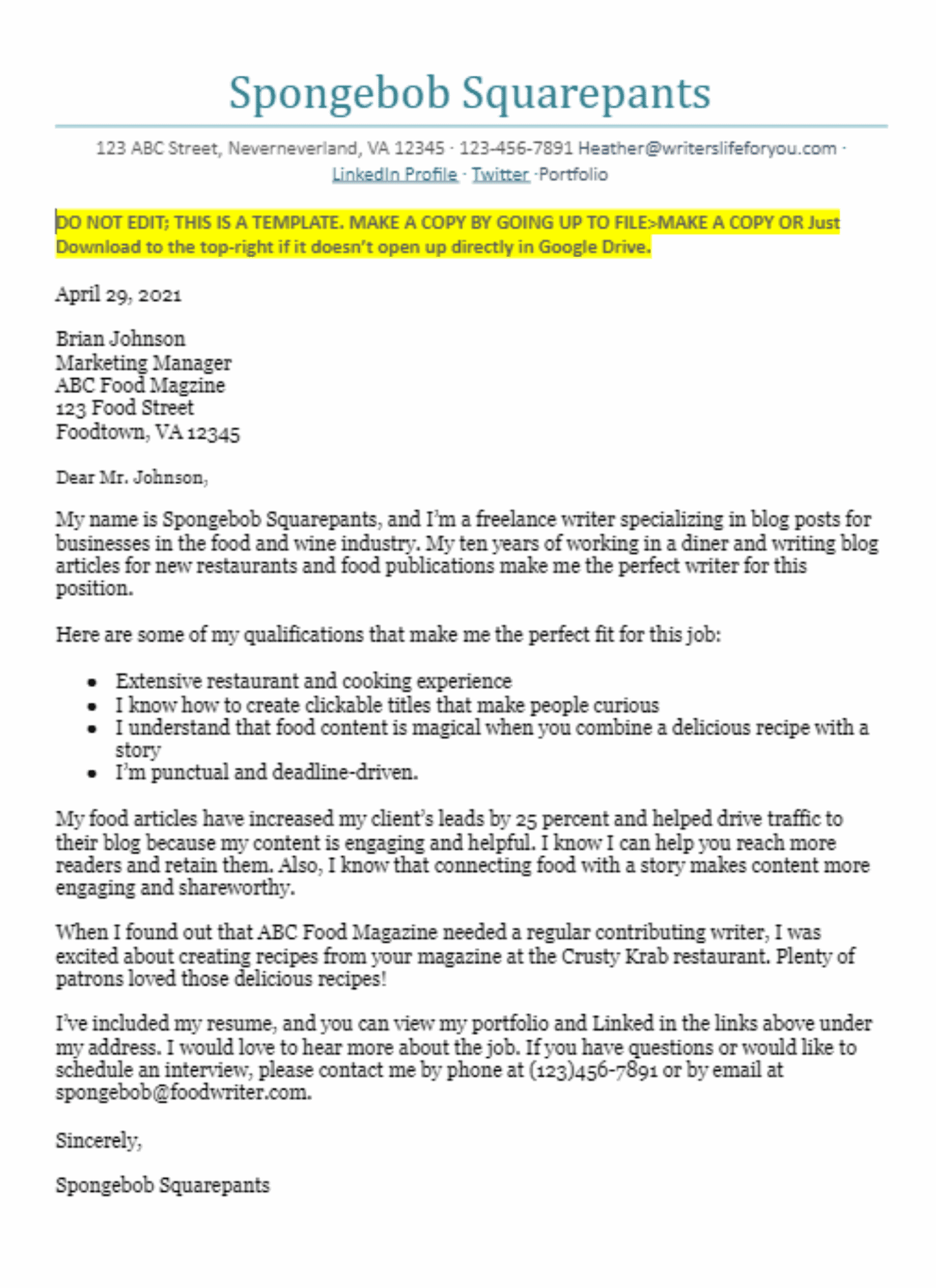

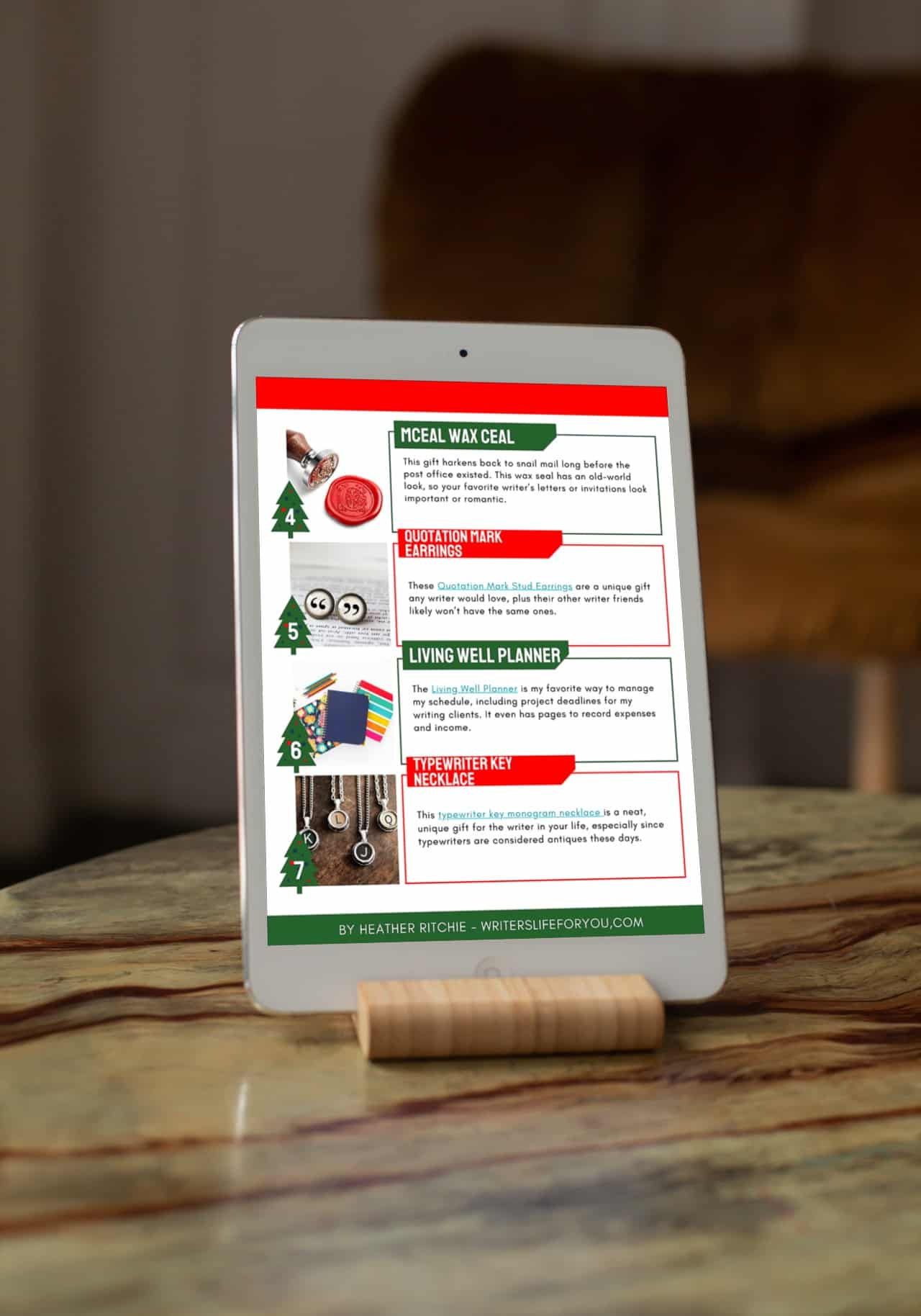
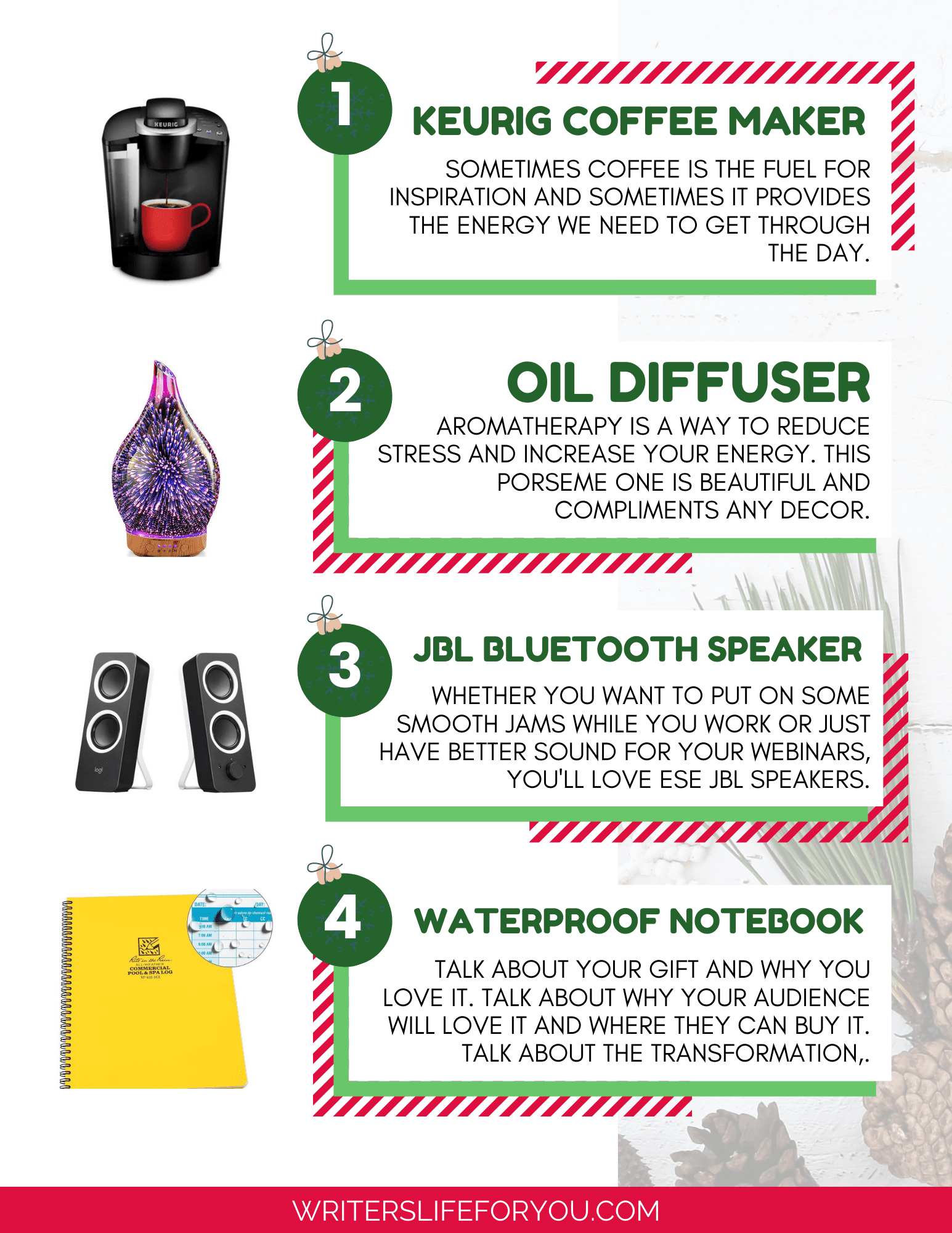
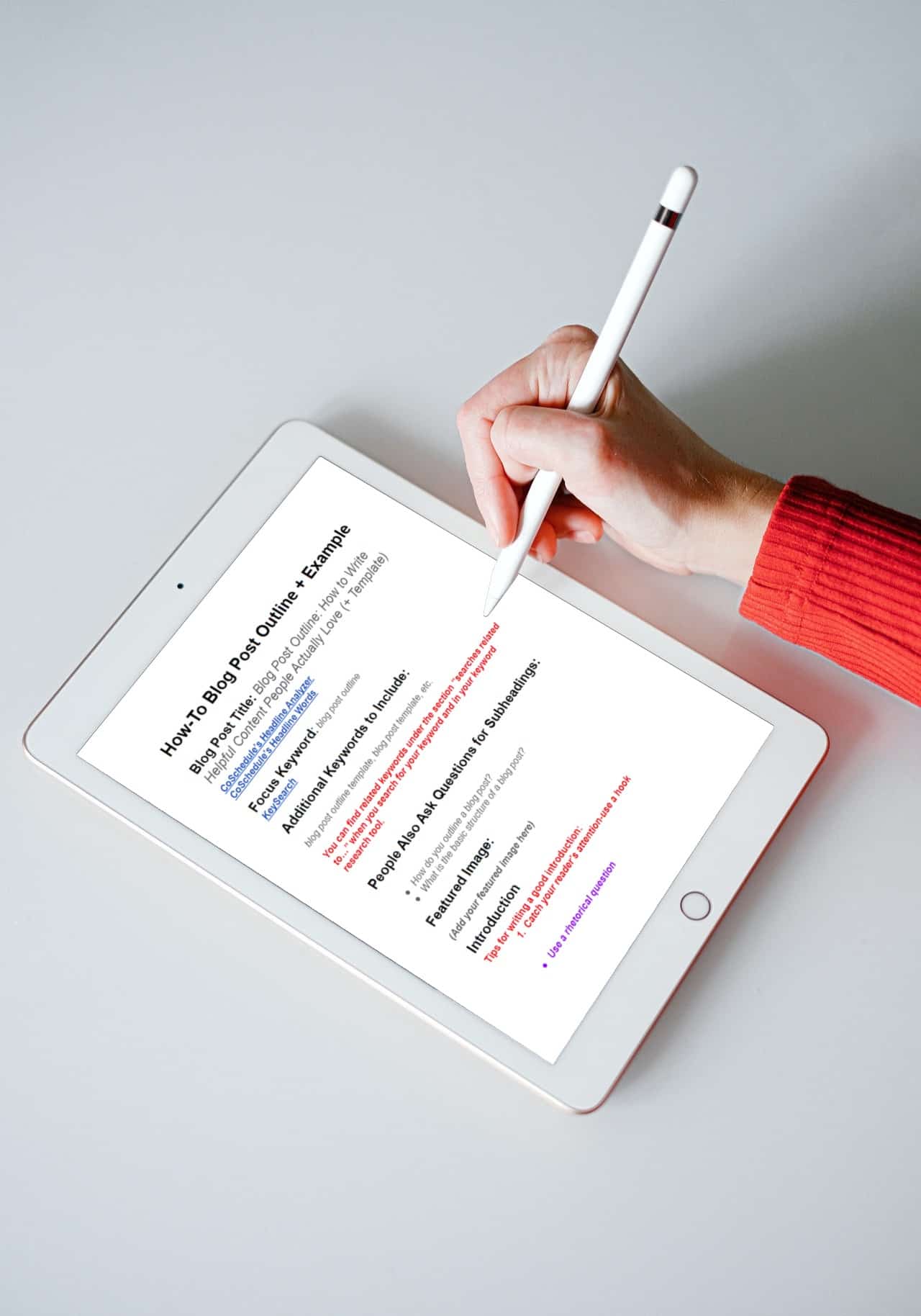




Oh this was so good to read! SO many helpful tips, I took notes. I do notice that I spend a lot more time researching on a topic that I need to learn more about or that I also find highly interesting and end up spending a while enjoying the research myself. lol.
I’m glad the tips were helpful! I find myself spending more time researching less familiar topics too and I think that is true with most people. I can also fall down the rabbit hole if it’s a topic that I like. I love learning and that’s a good trait to have as a blogger.
This is a great article! I am learning to write articles quicker and better. It definitely comes down to experience and skill. Thanks for the great information!
I agree with you. The more you write, the better you get for sure. And as bloggers, we certainly do a lot of that!
Thank you for sharing such a comprehensive writing guide with many excellent tips. I wish I had this kind of knowledge when I started writing blogs. Much appreciated!
I agree and I remember I had some of the same questions myself! Thanks for reading.
you said very well what I think is, As soon as you start your writing career and go on like for a year your writer speed increases day by day and it also depends on the topic as well.
Yes! There really is something to practice makes perfect. The more I practice, the faster I get!